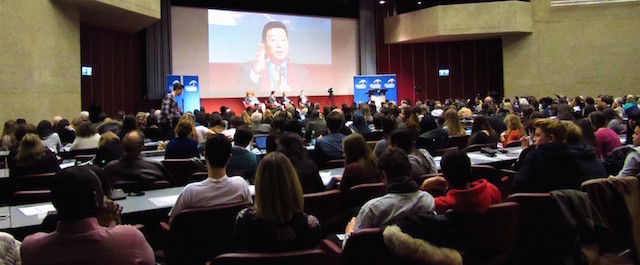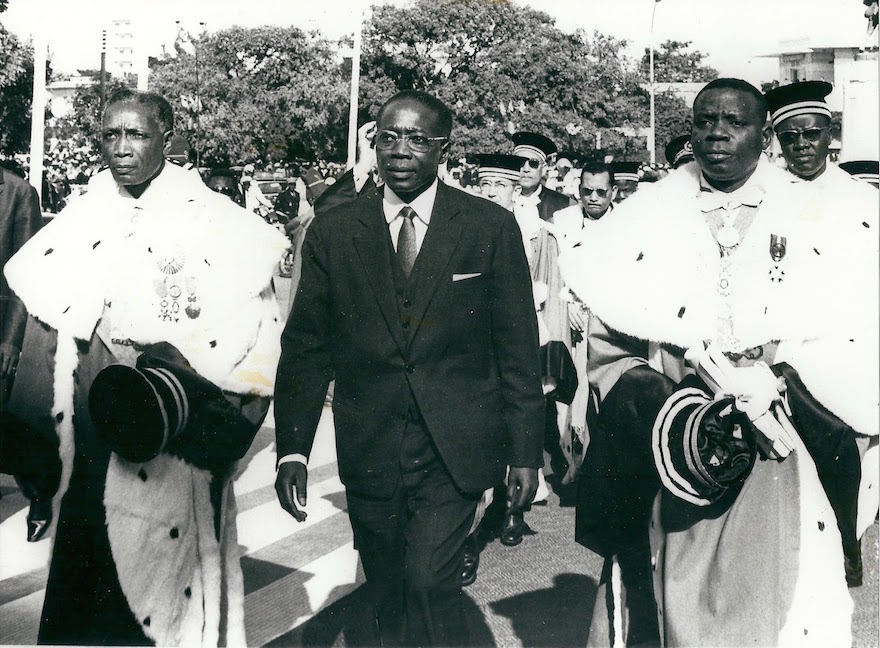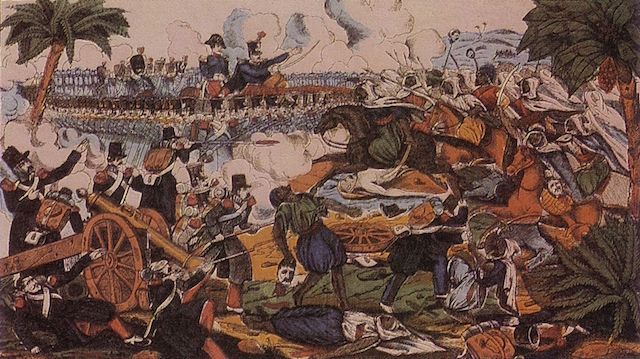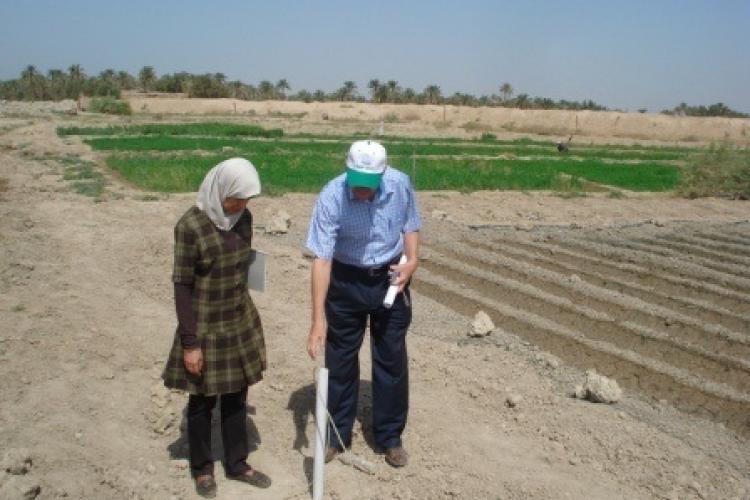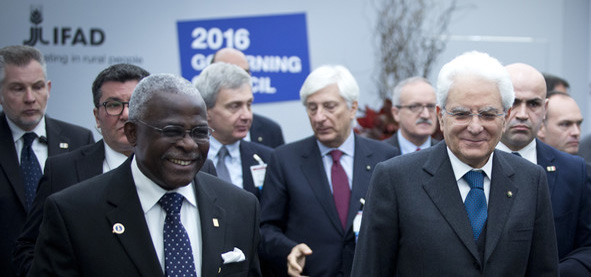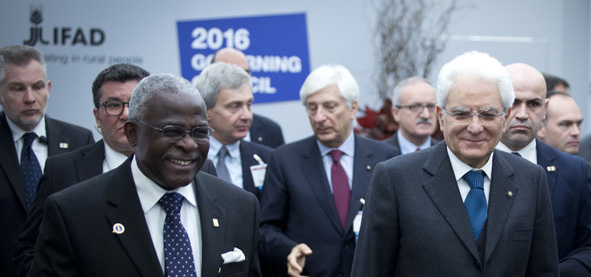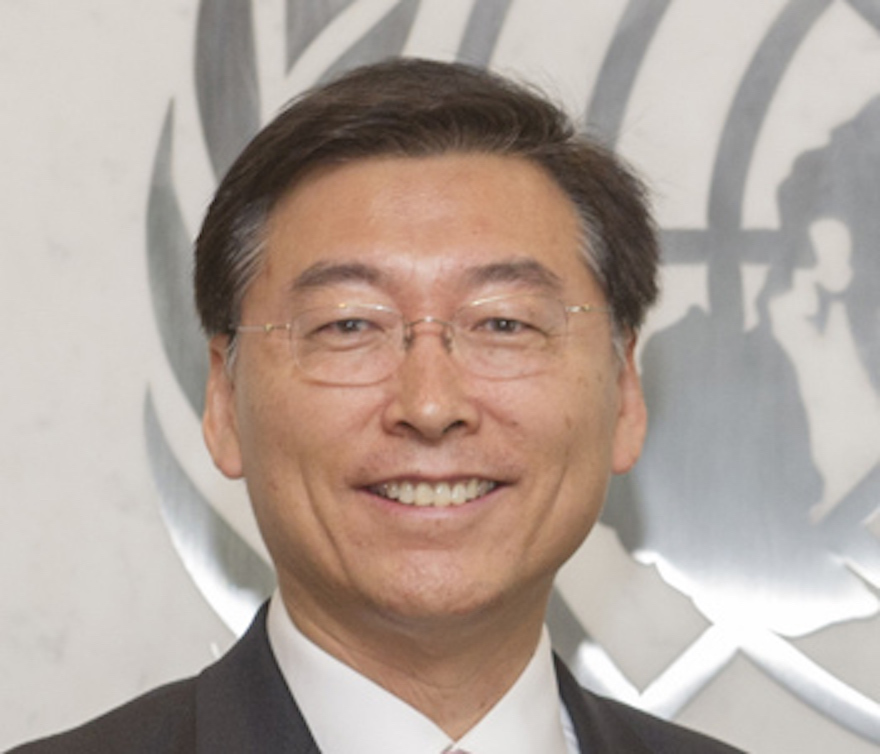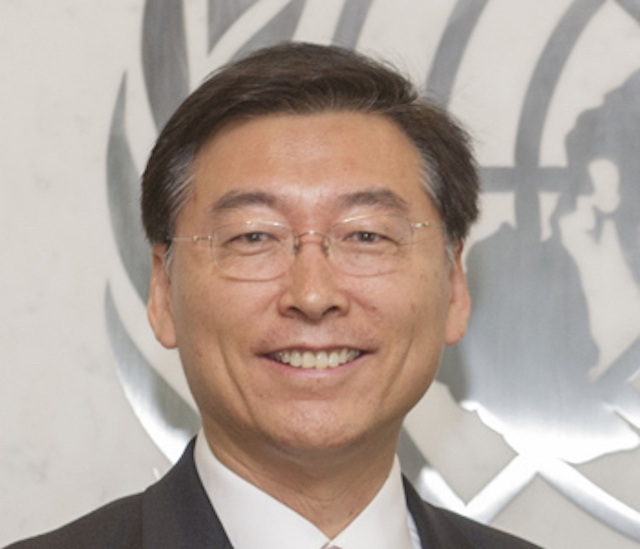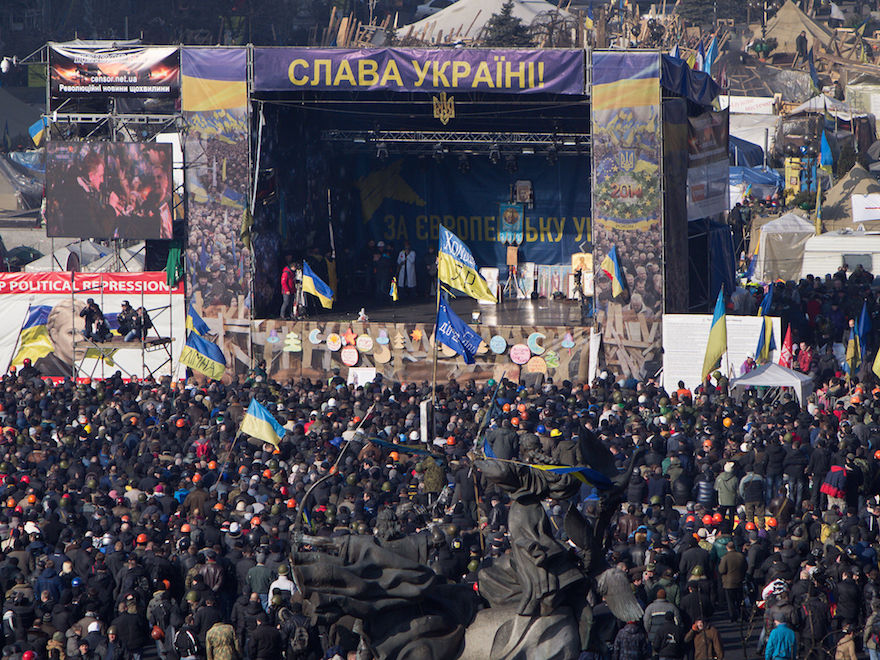By Fabíola Ortiz | IDN-InDepthNews Analysis
GENEVA (IDN) – “What we are doing to improve human rights situation around the world is not enough,” stated the American attorney and diplomat Alfred Moses in a critical reflection on the tenth anniversary of the United Nations Human Rights Council (UNHRC) stressing that the state of human rights has broadly deteriorated with atrocities being committed worldwide.
“What we need is action. We must ask ourselves why is it that the UNHRC has done so little,” noted the Ambassador speaking on a panel at the Geneva Summit on Human Rights and Democracy in Switzerland on February 23.

